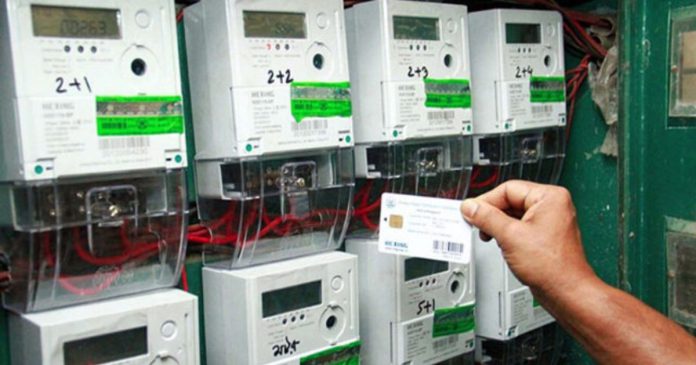Following the Nigerian government announced increase in natural gas prices on Monday, there is a strong likelihood that this move could lead to higher electricity bills for consumers. The new price for gas supplied to power generation companies is now $2.42 per million British thermal unit (MMBTU), up from the previous rate of $2.18 per MMBTU.
This increase is significant as Nigeria relies heavily on gas-fired thermal plants for over 70% of its electricity generation. The Nigerian Midstream and Downstream Petroleum Regulatory Authority (NMDPRA) unveiled the new pricing structure, which also raised the cost of commercial gas from $2.50 per MMBTU to $2.92 per MMBTU.
Analysts warn that this rise in gas prices could trigger a review of electricity tariffs by the Nigerian Electricity Regulatory Commission (NERC). The concern stems from the fact that the Multi-Year Tariff Order released by NERC in January 2024 was based on the previous, lower gas price.
The gas price hike has been advocated for by producers, both international and domestic, who argue that a higher price would incentivize increased production. The NMDPRA, in a statement signed by its Chief Executive Farouk Ahmed, justified the move by citing provisions of the Petroleum Industry Act (PIA) 2021.
The Act mandates the NMDPRA to set a domestic base price for natural gas that balances several factors. These factors include attracting sufficient gas supplies for the domestic market, remaining competitive with gas prices in major emerging economies, and reflecting the cost of production.
The NMDPRA emphasized that the new pricing structure was established following consultations with stakeholders and adheres to the PIA and Gas Pricing Regulations. While the long-term impact on gas production remains to be seen, consumers may soon face the consequence of this decision in the form of higher electricity bills.


